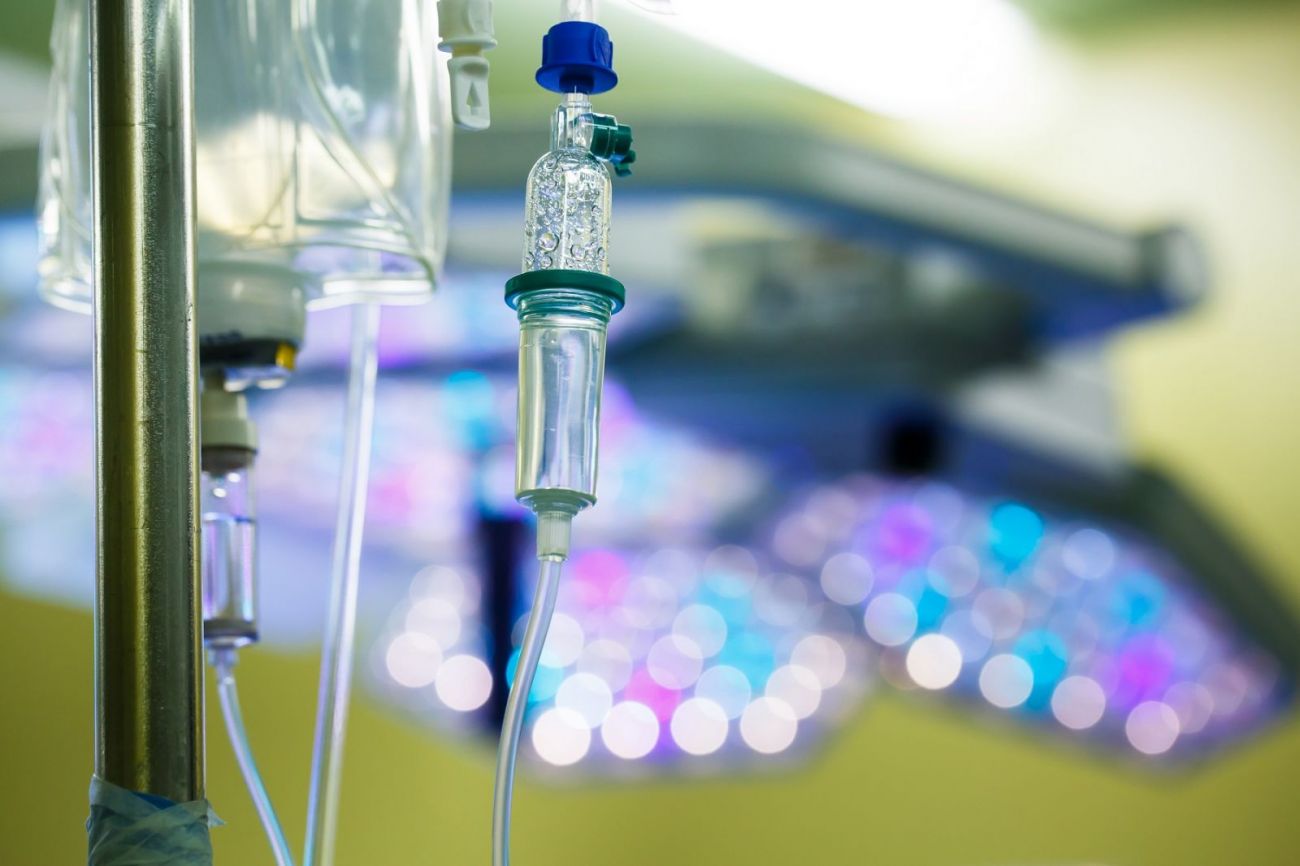What is chemotherapy?
Chemotherapy is the general name that describes many different kinds of drugs used to fight cancer. Any drug or combination of drugs that kills, prevents growth or damages cancer cells is considered chemotherapy.
What are the different types of chemotherapy?
There are many drugs and combinations of drugs used to fight cancer. There are single dose agents, called single agent chemotherapy, or several drugs given at the same time called combination chemotherapy. Your doctor will work with you to find the best treatment option for you.
How is chemotherapy administered?
Chemotherapy can be given in a number of ways. Many chemotherapy medications are too harsh to go through the digestive tract, so they are given intravenously. IV, or intravenous chemotherapy, is delivered through a tube. One end of the tube is connected to a bag containing your medication and the other end is placed into a vein.
Some chemotherapy is available in pill or liquid form that can be taken by mouth, and others can be applied topically, as a cream or lotion. Chemotherapy may be given as an injection.
The name of the injection tells you where the chemotherapy will be administered:
- intrathecal or intraventricular into the fluid that surrounds the spinal cord and brain
- intramuscular into a muscle
- intra-arterial into an artery
- subcutaneous just under the skin
- intrapleural into the chest cavity
- intraperitoneal into the abdominal cavity
- intravesical into the bladder
- intratumoral into the tumor
How does it work?
Chemo slows down or stops the growth of cancer cells. Usually it recognizes and attacks cancer cells because those cells reproduce quickly. Unfortunately, there are some cells in your body that also reproduce quickly – for example, those that line the digestive tract or cause hair growth. That is why chemotherapy can cause nausea, vomiting, hair loss, and other side effects. The good news is that, in many cases, the side effects get better or go away after chemotherapy is over.
Is chemotherapy painful?
Most people find that chemotherapy is not painful. However, some people find that the side effects of chemotherapy drugs can be physically and emotionally challenging. Please speak to the CIC nurses for help managing side effects.
How long does chemotherapy last?
Chemotherapy is administered during a series of treatment sessions. Your Roswell Park team will determine the number of sessions you need. A complete series of sessions is called a chemotherapy course.
When you begin your sessions, your doctor usually tells you when your chemotherapy will be complete. There are complications that can delay treatment. The most common physical cause of delay is a drop in your white blood count (WBC), also called neutropenia, which puts you at high risk for infection. Complications such as a drop in WBCs, RBCs (red blood cells), or platelets need to be resolved before you can have another treatment.
How can I make my chemotherapy more successful?
Take care of yourself:
- Eat properly to maintain your strength. Nutritionists are available that can help you to make the right decisions about your diet.
- Avoid anyone who is sick, even if it is only a cold. The drugs used in chemotherapy need to be very powerful to kill the cancer cells. This can be very hard on your immune system and you are more susceptible to illness and likely to get sicker from germs that may only give everyone else a slight cold.
- Get a lot of rest and avoid excessive activity.
- Talk to your friends or family about what you are feeling. Sometimes it is easier to talk to someone who is not so close and there are many support groups available where you can talk freely among those who share the same concerns as you.
- Keep your health care team informed. Let them know if you are not feeling well or experiencing side effects. There are many things that can be done to help relieve pain, nausea and other symptoms.
Get even more tips from our Cancer Talk blog.
